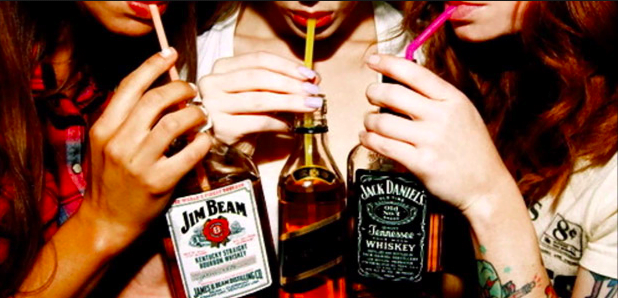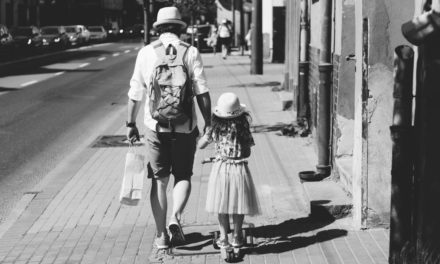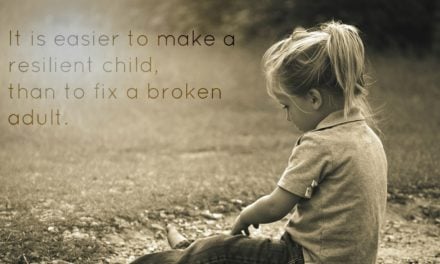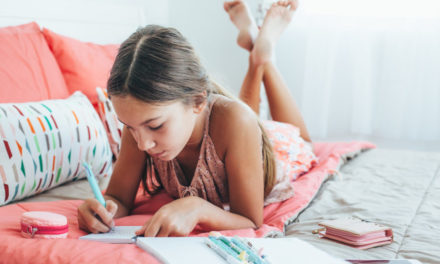We cannot ignore teen alcohol use. They are going to be in situations where they need our guidance. So, teach them these 7 important lessons.
One of the many nerve-racking things about being the parent of a teenager is the idea of how your child might eventually be affected by alcohol. There is the fear that:
- They might drink and do something stupid.
- They might be the victim of someone else being drunk and doing something stupid.
- Once they start drinking, they may not know when to stop.
- Alcohol will make worse other problems and pressures that they have.
In most cases, nothing is going to happen. Nothing. But it is still hard not to worry.
Paul Dillon, from Drug and Alcohol Research and Training Australia (DARTA), speaks to thousands of students at dozens of schools every year. He likes to focus on Year 10s, who are 15 and 16 years old. The research tells us that Year 10 is ‘the Year of the Party’. That doesn’t mean everyone in Year 10 is drinking, it’s just at that age that teenagers’ awareness of parties and alcohol becomes very powerful.
I find it refreshing to hear Dillon tell the teens right up front, “If you are sixteen and you don’t drink…. you are normal. You are in the majority and completely normal.”
80% of fifteen-year-olds haven’t had alcohol. 60% of sixteen-year-olds haven’t. Dillon explains to students that it might feel as though everyone else is going to ‘gathos’ and drinking, but it’s only because those kids are the most vocal. They are the kids who think it gives them status, so they talk about it. He makes it very clear that teens should never feel left behind because they’re not ‘partying’.
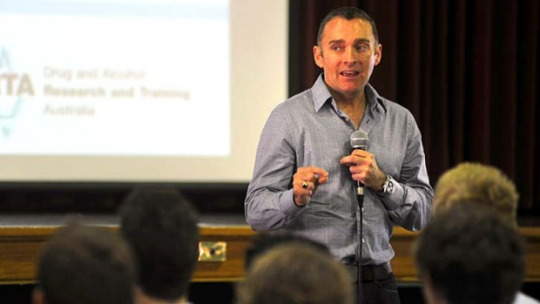
Paul Dillon advocates delaying a teenager’s first drink for as long as possible. His research shows that delaying that first drink is vital. The earlier a child is introduced to alcohol the greater the chance of them developing associated problems, including dependence, later in life. He also says the first drink should be with their parents in a controlled situation. Children drink in a more risky way if they drink with their peers.
Dillon insists, “The most important thing is that you make your rules around alcohol and parties based on the best possible information you can find and that you are not bullied into doing something based on what another parent says or what your child tells you other people do.”
All of that said. There are teenagers drinking from a young age and we do need to acknowledge that. We also need to understand why they drink. It is seldom because alcohol tastes good. Usually, it is peer-driven and in Australian culture, it is a signifier of being grown up.
There are gender driven reasons for drinking too. Culturally our boys feel they need to be confident and cool. They need to be able to approach girls. Alcohol makes that possible. Teenage girls are anxious about the way they look and they don’t feel happy in their own skin yet. They want to quell those butterflies. Alcohol to the rescue! Admit it or not, lots of adults would be able to relate to these motives. The difference is teens often don’t understand when to stop.
I love teens, but they are problematic. They have developing brains. Unlike most adults, they tend to make a lot of decisions from the emotional part of their brain rather than from the rational part. They are impulsive. And all of this is enhanced when they are with their peers. Dillon says, “One in two Australians aged 15 – 17, who gets drunk, will do something they regret.” Each year 800 young Australians are killed in alcohol-related incidents (Mainly car accidents, alcohol poisoning, falls and violence).
We must make sure that our teenagers are equipped to keep themselves and their friends safe. The time to teach them is when they are young, not after they start drinking in years to come.
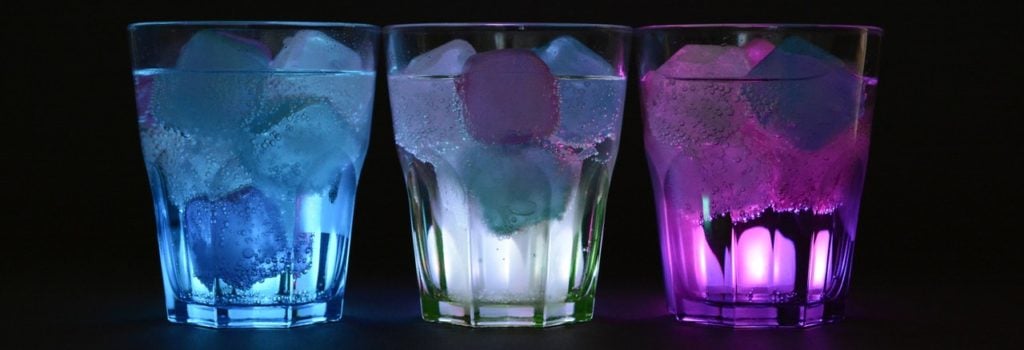
7 Lessons We Must Teach Teenagers
- Always eat food before you drink. At least a meal the size of your fist. Never try and feed a drunken friend to sober them. This can lead to choking and be fatal.
- Always drink water before you start drinking and between alcoholic drinks. Never force a drunken person to drink water to sober them up. Give them an open bottle and let them sip it at their own rate. They need to stay hydrated but you can cause more harm than good by forcing them to drink.
- If someone is unconscious they need medical help. That is, if you cannot wake someone up, call an ambulance. Immediately! In fact, if someone cannot hold his or her own head up call an ambulance.
- When an ambulance arrives, they will not be interested in getting anyone in trouble. The ambulance’s priority is saving lives. Never delay getting help, for any reason. Also, tell the ambulance officers the truth when they ask questions about what has been ingested.
- Never put a person to bed to ‘sleep it off’. A drunk person lying down can choke/drown on their own vomit.
- Everybody should know the ‘recovery position’. Make sure your child knows how to put someone into this position.
- All kids should have this app on their phone.
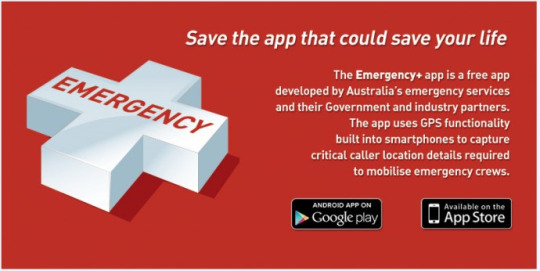
It has emergency numbers on it, but importantly it has a GPS reading of the caller’s location. So the caller is able to tell the emergency operator the address or latitude and longitude of their location.
Finally…I know that many parents are thinking this doesn’t apply to my child. That may be the case, but it doesn’t hurt to arm them with knowledge. It may help them save a life.
Why not follow Linda’s blog? You’ll receive useful information to help support your kids as they navigate their school years.
Visit Linda’s Facebook page here
Linda Stade has worked in various teaching and management roles in education for twenty-five years. She has worked in government and private schools, country and city, single-sex and co-ed. Currently, she is the Research Officer at Santa Maria College, Western Australia.

